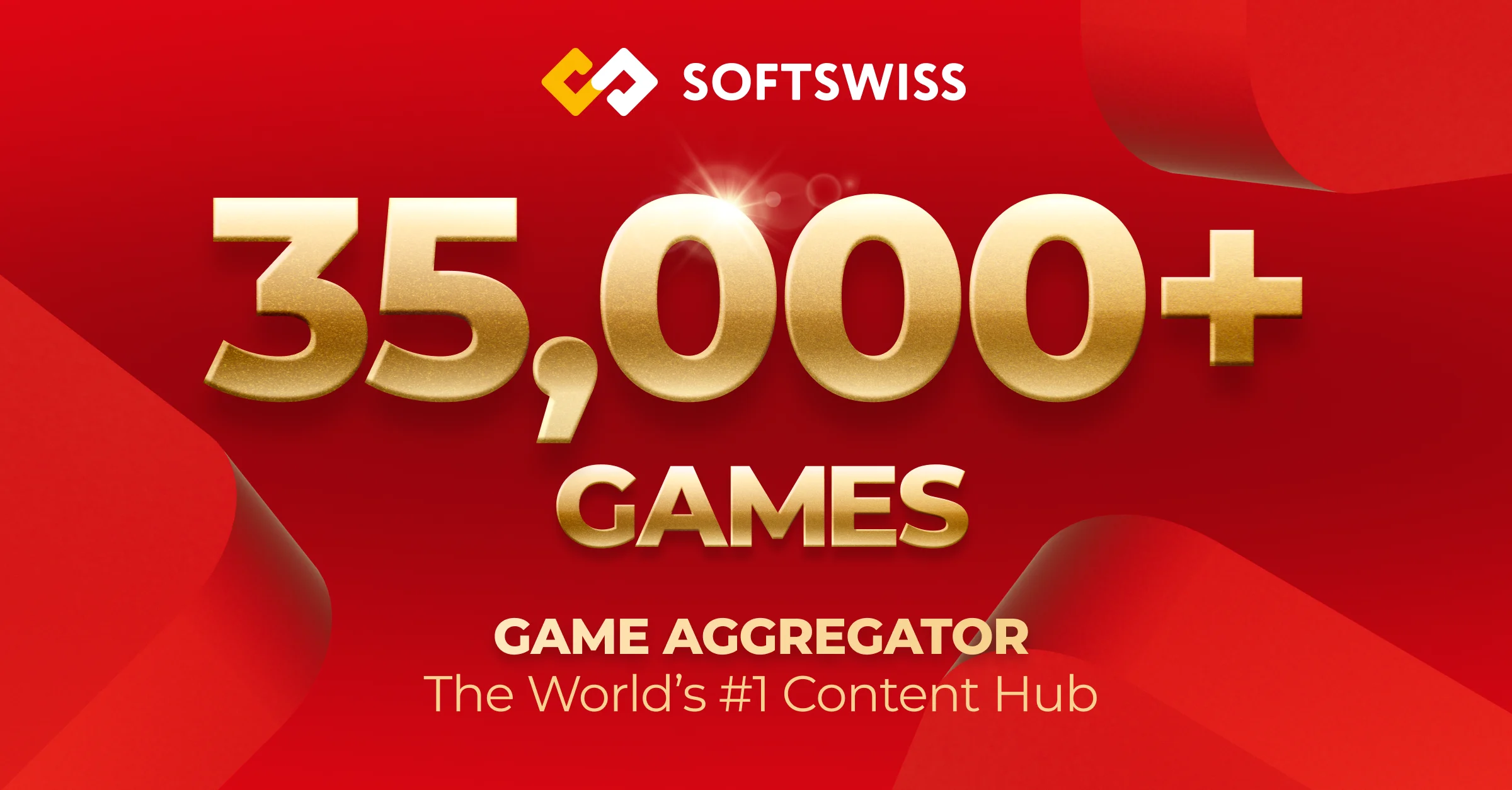Switzerland is on the list of few European countries where virtual gambling was banned until recently. And this is far from the only unusual feature of this jurisdiction. To find out more about the licensing process, the current state of the gambling market, and the prospects for the development of the industry, read the following material from the Login Casino experts who always keep readers informed about high-profile gambling news.
History of the market’s legalization
First, it should be noted that gambling operations were banned in Switzerland for the larger part of the previous century. In 1921, the country’s government passed a law that prohibited all forms of gambling. That ban stayed in place until 1993, almost for 70 years. The new legislation did not completely lift the ban as just only limited-stakes gambling was allowed. In seven years, the situation changed in favor of business representatives – the law was amended to permit unlimited stakes in Swiss gambling establishments.
The amendment did not go unnoticed by local people and many of them turned into frequent visitors of casinos. Thus, in accordance with the conducted research, one-fifth of the country’s population was involved in gambling, and more than half of the Swiss regularly purchased lottery tickets.
Currently, the land-based segment in the country is represented by 20 venues. Among the major venues are:
- Swiss Casino – Zurich;
- Casino Barriere de Montreux;
- Casino Lugano;
- Grand Casino Bern at Kursaal Hotel;
- Grand Casino Baden;
- Grand Casino Basel;
- Casino du Lac Genève;
- Grand Casino Luzern;
- and others.
At the same time, the Swiss legal provisions state that there can be no more than one establishment providing gambling services in the canton, which is the administrative unit of Switzerland. And it is worth noting that the territory of the country is divided into 26 cantons.
Insight into the regulatory framework
Since January 1 of 2019, sports betting activities, casino games, lotteries, as well as skill games have been regulated by the MGA (Money Gaming Act) and the MGO (Money Game Ordinance). Sports betting, lotteries, and skill games can be divided into two categories: large-scale (carried out intercantonal, automatically, or online) and small-scale games (aren’t carried out intercantonal, automatically, or online) games.
According to law provisions, land-based gambling establishments providing services legally can apply for an extension of their permit to work in the online segment. Besides, it is worth noting that just two companies, Loterie Romande and Swisslos, can receive licenses for online lotteries business and betting. Thus, foreign operators cannot become part of the Swiss online gambling market, and the responsible body is empowered to block the websites of unlicensed companies.
Swiss legislation distinguishes between permits granted to land-based casinos and the extension of licenses provided to terrestrial operators for online betting activities, gaming, lotteries, and small games.
There are two subspecies of gambling licenses for casinos in the Swiss market: type A permit does not imply any restrictions on the number of games, as well as the size of jackpots and maximum winning; type B permit implies a limit on the number of tables games (not more than three), jackpots, and stakes (not more than 25 Swiss francs per one automated game).
The license is granted to operators for a 20-year term with the right to renew it. The number of permits is determined by the country’s Federal Council. The geographical location of the gambling establishment depends on the interest of the regions in locating businesses in their territory.
Those operators who are willing to offer large-scale games, need to acquire gaming and organizer’s licenses that are issued by Gespa. At the same time, a decision on the number of sports betting and lottery operators is made by cantons.
As for small-scale games, operators can apply for a special cantonal permit. This procedure is based on special regulations regarding sports betting and small lotteries in the member states of the Swiss Confederation.
The process of application
Companies willing to offer casino games need have to send an appropriate application to the Swiss Federal Gaming Board. The representatives of the body familiarize themselves with the application and if everything is fine, submit it to the Swiss Federal Council. The latter determines whether the applicant will obtain a permit. As regards the land-based operators that already have licenses, they can apply for a permit to offer services online.
Having received the license, the company undertakes to comply with the strict regulations. The permits contain numerous restrictions concerning a number of aspects:
- the range of games that can be offered;
- the way of the organization of games;
- methods of payments and their amounts;
- security issues;
- marketing;
- anti-money laundering principles;
- and others.
In the case of violation of the regulations, the appropriate body can cancel the license or impose certain restrictions.
Taxes
The funds collected from taxation of the industry go to the pension system. The basic tax rate for terrestrial gambling establishments is 40% of the GGR and is applied if the rate does not exceed CHF 10 million. With an increase in GGR, the tax rate can rise up to 80%.
Online gambling operators pay a tax of 20% of GGR if the latter does not exceed 3 million Swiss francs. Similarly to the land-based segment, with an increase in GGR, the tax rate can increase up to 80%.
For players, winnings from land-based gambling establishments are non-taxable. The same rule applies in the case of winnings from online lotteries, casino games, sports betting activities, and large skill games up to 1 million Swiss francs if these games are licensed in Switzerland.
Winning form small games are tax-exempt if they are licensed by the appropriate authorities in cantons. The tax is not also applied to winnings from skill games and lotteries whose amounts do not exceed one thousand Swiss francs. As for winning from games organized by foreign operators, they are fully taxed.
Current situation of the Swiss gambling industry
By far the most significant event for the Swiss gambling market is the fact that legislation to allow online casinos came into force. At the same time, the online segment in this country has one peculiarity – permits can be given only to those companies that already have a license to provide services in the land-based segment. According to some experts, this might negatively affect the conditions for business development in the regarded field.
It is also worth noting that Swiss regulatory bodies make much effort to fight illegal market participants. Over 300 addresses have already been added to the blacklist. Among them, one can find websites of well-known international operators, for instance:
- Bet365 Casino;
- BetChain Casino;
- BitStarz Casino;
- Pinnacle Casino;
- WildTornado Casino;
- and others.
It should be said that this practice is quite common in European countries. Another example is the activity of the Belgium Gambling Commission whose representatives also ban illegal and unreliable websites to protect local players.
What is the future of the market?
The gambling market in Swiss is an example of a quite specific approach of the authorities to the legalization of the online segment. On the one hand, the competition among the operators is not as tough as in other countries, which can have a negative impact on the company’s’ incentive to improve their offerings. On the other hand, strict control by regulatory authorities is a guarantee that local citizens will be offered just high-quality services by reliable companies.
As for any new reforms in Switzerland, radical changes in the field of gambling should not be expected. In the near future, Swiss authorities will be focused on closely monitoring the work of the online segment and all its representatives to ensure the successful implementation of legislation in this area, which was adopted not so long ago. At the same time, other countries have received a great opportunity to observe the non-standard work of the gambling market and borrow some interesting features.
Read more: Best Canadian Online Casinos












